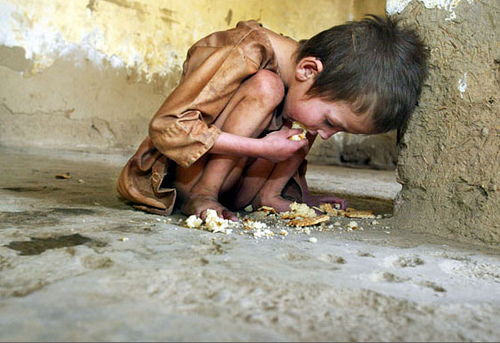Daily Bible Readings:
Monday, January 28. Read John 2:13-25. 1) What did Jesus do when he saw the money changers in the Temple? 2) What did that event call to mind for he disciples (2:17)? 3) Do you think any of this was surprising to Jesus? (vs. 24-25).
Tuesday, January 29. Read Romans 3:9-10. 1) There were clearly some advantages to being a Jew (3:1). 2) Did those advantages make them superior to the Gentiles in terms of their moral/spiritual state? 3) What would you say is the state of the human race?
Wednesday, January 30. Read Luke 1:46-55. 1) This passage records Mary’s beautiful song, sung following her discovery that she was to be the mother of Messiah. 2) How did she feel about her new status? 3) What did she say that God would do to the proud and rich?
Thursday, January 31. Read Luke 2:25-35. 1) This passage is the song of Simeon after he witnesses the infant Jesus. 2) How did Simeon feel about his life after this? 3) What did he say about how Messiah would be received? (vss. 34,35)
Friday, February 1. Read Matthew 27:11-26. 1) Jesus was tried before Pilate, the prefect of Judea, serving under Emperor Tiberias. 2) What do you think Pilate believed about Jesus, and how did it affect him? (see verses 18,19,24). 3) Why do you think Pilate had such conflicted beliefs?
Saturday, February 2. Read Luke 4:14-21. This is Sunday’s sermon text.
Prayer for the Week:
God of Justice, open our eyes
to see you in the face of the poor.
Open our ears to hear you in the cries of the exploited.
Open our mouths to defend you in the public squares
as well as in private deeds.
Remind us that what we do to the least ones,
we do to you.
Amen.
Hymn of the Week:
Where Cross the Crowded Ways of Life
by Frank Mason North,
Where cross the crowded ways of life,
where sound the cries of race and clan,
above the noise of selfish strife,
we hear your voice, O Son of Man.
In haunts of wretchedness and need,
on shadowed thresholds fraught with fears,
from paths where hide the lures of greed,
we catch the vision of your tears.
From tender childhood’s helplessness,
from human grief and burdened toil,
from famished souls, from sorrow’s stress,
your heart has never known recoil.
The cup of water given for you
still holds the freshness of your grace;
yet long these multitudes to view
the sweet compassion of your face.
O Master, from the mountainside,
make haste to heal these hearts of pain;
among these restless throngs abide;
O tread the city’s streets again;
Till all the world shall learn your love,
and follow where your feet have trod;
till glorious from your heaven above
shall
Devotional Article of the Week:
Blessed are the poor
The Problem Is….. by Linda Lee Clader
Everyone listening to this reading should be squirming about now. Luke may have crafted a nice balance between blessings and woes, but the woes have the upper hand, coming at the end of the reading. Stop here. Do not go on with Jesus’ further teachings on how to relate to friends and enemies, for if the assembly is listening, they are stuck weighing their own lives and experience against these woes.
Maybe Jesus is not rdeally talking to us today. Maybe this is one of those stories that is so culture bound as to be irrelevant to our situation. A person could certainly squeeze out of Jesus’ trap that way. Probably some of the listeners are already trying that. Maybe the preacher is tempted to take this route, as well.
Maybe some of us have quickly tried to remember the part of the speech about the blessings, recalling how often we hae heard about God’s unconditional acceptance and love. that part is more familiar to us anyway, from the the times we have heard Matthew’s Beatitudes (Matthew 5:3-12, minus any woes) quoted in films, songs, and other popular media. We strain to recall the positive message, and ignore the warnings.
The problem is that if we want to identify with the categories of disciples who are blessed, then we have to come up with evidence that we are the oppressed–the poor, the hungry, the mourning, the hated. For some listeners, that may not be a great stretch. There are undoubtedly, people in any congregation who are suffering, usually in secret. However, many in the congregation are not suffering, and in North American the congregation as a whole seldom suffers collectively.
A shrewd solution is to claim that contemporary Christians are the offspring of those formerly poor, and to lean back on a triumphalist interpretation of the work of Christ. Christians have certainly tried this approach for most of our history; but in the context of this text, that is really just another form of denial.
Feasting on the Gospels, Luke, Volume 1, pages 159 & 161.

